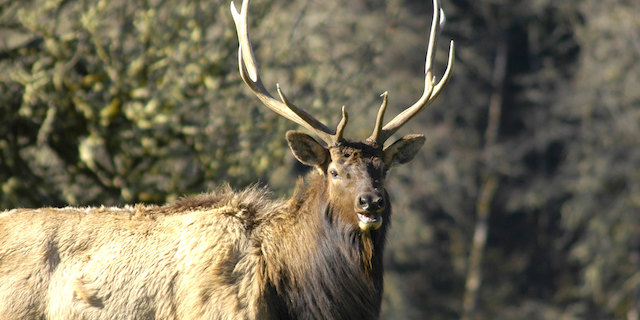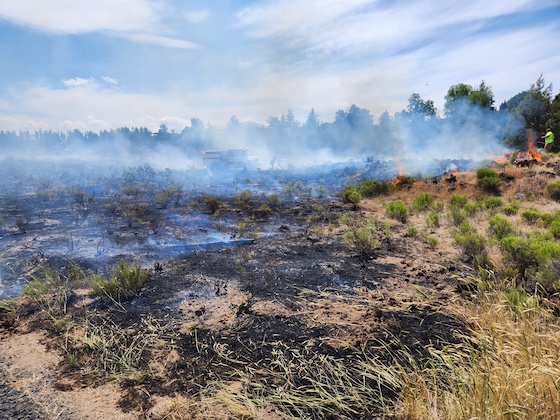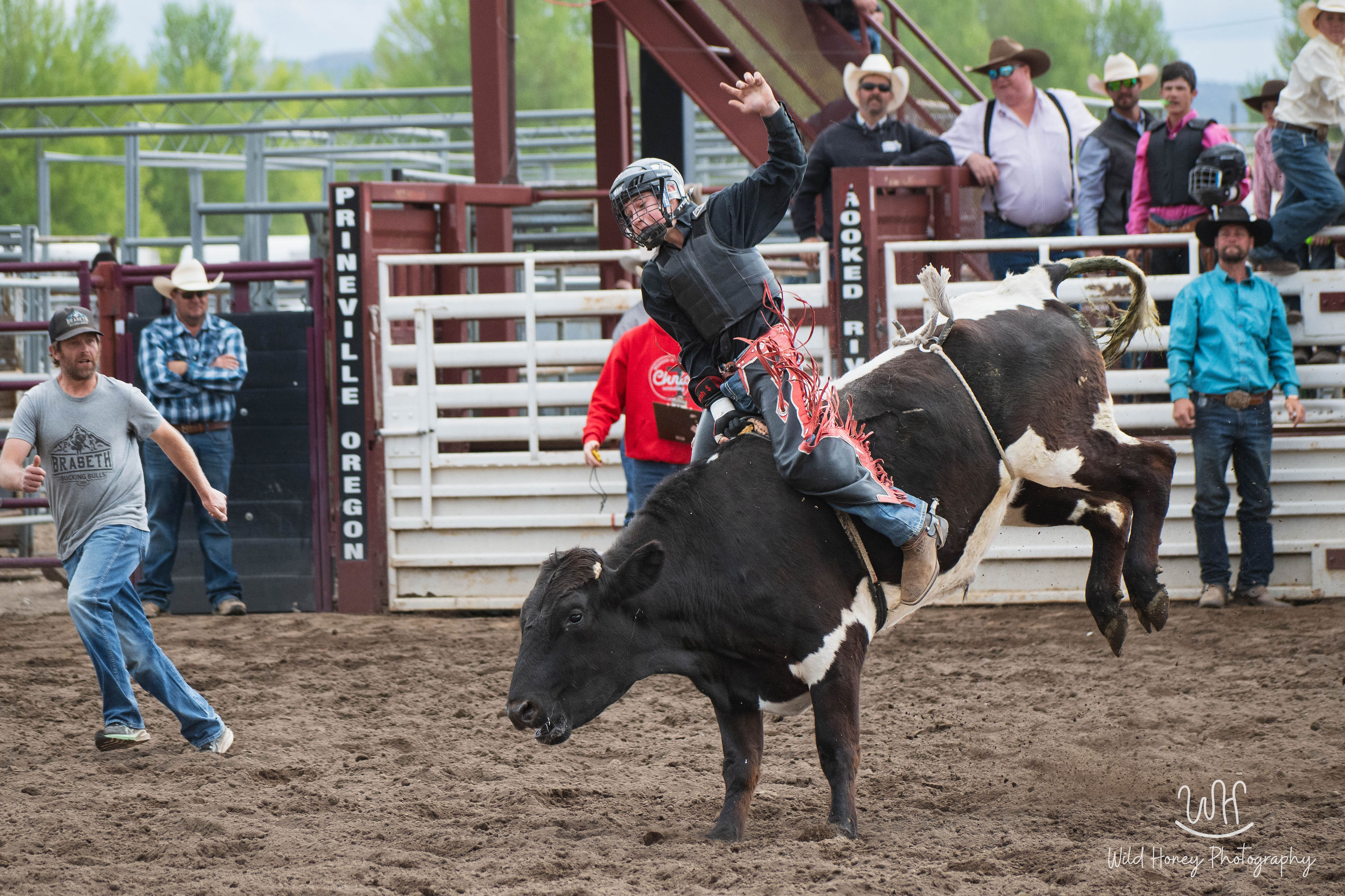Oregon landowner hunting tag program poised to become permanent
Published 3:55 pm Thursday, April 24, 2025

- Oregon legislators are considering a bill that would make permanent a program that gives landowners priority in obtaining hunting tags. (Courtesy Oregon Department of Fish and Wildlife)
More than four decades since it was started, a program that prioritizes Oregon landowners for hunting tags is poised to become permanent law this year.
“The program is finally at a point where most people are willing to live with it,” said Brian Wolfer, deputy wildlife division administrator of the Oregon Department of Fish and Wildlife.
Originally introduced on a temporary basis in the early 1980s, the program allows landowners to obtain hunting tags for their own property despite potential limits on deer, elk and antelope harvests.
The intent is to recognize and encourage the role that private property plays in providing forage and habitat for these big game species, which often consume crops or cause other damage.
“Private lands provide critical habitat that allows wildlife to thrive alongside human development,” said Kyle Smith, director of government relations for The Nature Conservancy nonprofit.
Extensions of the landowner preference program have repeatedly included sunset dates that facilitate lawmaker reviews of the regulations, with the law now set to expire in January 2026.
However, the ODFW is joined by several agriculture, forestry, hunting and conservation groups in asking lawmakers to renew the program without a sunset date, allowing it to operate in perpetuity.
Supporters of Senate Bill 812 say the landowner preference program has been tweaked enough that it’s no longer necessary for lawmakers to regularly re-examine the statute.
“I think we’ve got it figured out now,” said David Wiley, a lead volunteer and representative of the Rocky Mountain Elk Foundation nonprofit. “It just doesn’t make sense to have a mature program reviewed every few years.”
The bill has unanimously passed the Senate and is now being considered by the House Agriculture Committee, which held a recent hearing on the proposal.
Proponents of making the landowner preference program permanent point out that it hasn’t been subject to any substantive revisions since 2013, when hunting tags were limited for mule deer if that species falls below management objectives.
“We’ve seen over a decade of stability with no followup changes needed,” said Mike Eliason, lobbyist for the Oregon Forest Industries Council.
Landowners can obtain between two and 14 hunting tags per year under the program, depending on the size of their property, some of which they can transfer to others.
For example, landowners can transfer half their hunting tags for antlered deer and elk to non-family members, but cannot transfer tags for pronghorn antelope to non-family members.
The potential for such transfers to generate revenues has come under fire from the Humane Voters Oregon nonprofit, which claims such activities run counter to the “North American Model of Wildlife Conservation.”
A key principle of that model is that “wildlife is a public resource” regardless of where it’s located and that hunting access is provided equitably “without regard for wealth, prestige, or land ownership,” according to Humane Voters Oregon.
The organization argues the landowner preference program violates these principles by prioritizing landowners and allowing them to profit from hunting tags, raising concerns about “privatization of the state’s wildlife.”
“We do not know the extent to which a market exists for Oregon’s landowner preference tags or for access to use those tags. In any case, it seems simple enough to make clear in the statute that access to landowner preference tags and the land to use them cannot be sold by landowners receiving the tags,” said Brian Posewitz, the group’s director, in submitted testimony.
The current version of SB 812 doesn’t contain such provisions and no amendments to that effect have been proposed to the legislation.
Some landowners do charge hunters for providing access to their land in conjunction with transferring tags, which is considered an effective way of compensating for the damage that big game species can inflict on crops and property, said Wolfer of ODFW.
Though the agency doesn’t have exact information about the practice, up to 45% of hunting tags for deer and elk obtained under the program are transferred to non-family members, he said.
“We do hear from landowners that they see that as one of the benefits of providing wildlife on their property,” Wolfer said.






